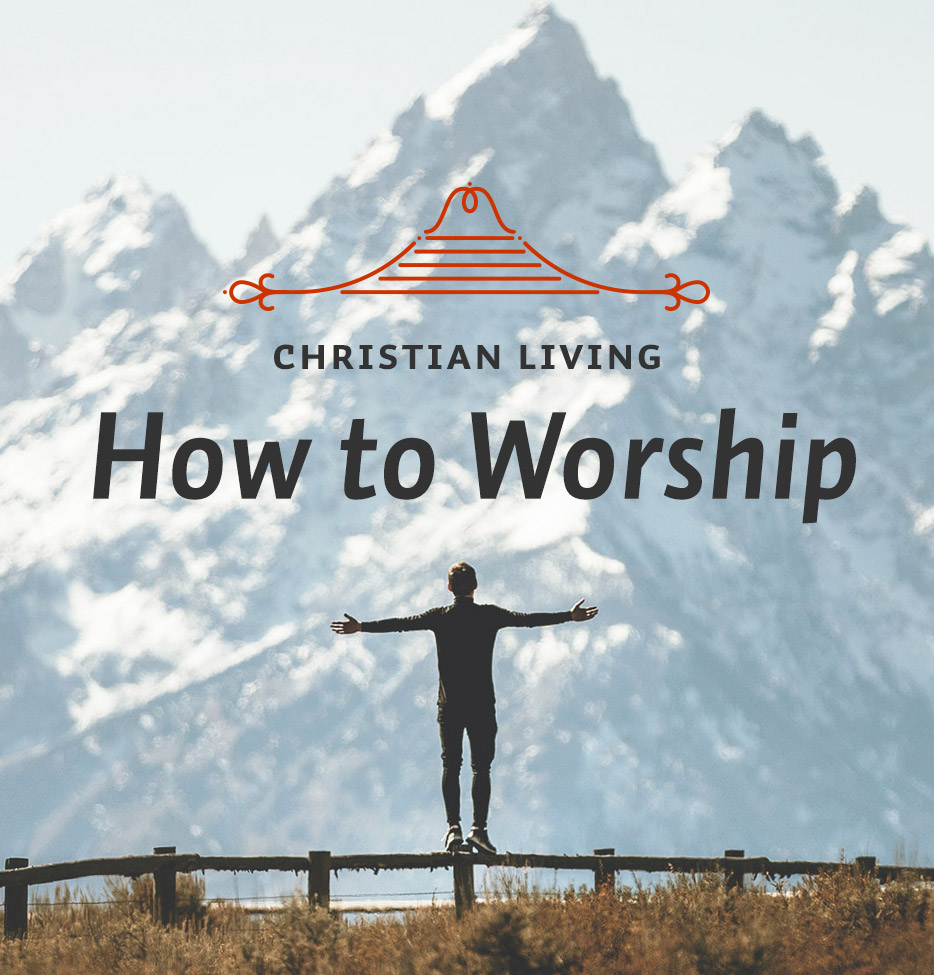In addition, however, we must not confuse worship with feeling, for worship does not originate with the soul either, any more than it originates with the body. The soul is the seat of our emotions. It may be the case, and often is, that the emotions are stirred in real worship. At times tears fill the eyes or joy floods the heart. But unfortunately, it is possible for these things to happen without worship being present. It is possible to be moved by a song or by oratory, and yet not come to a genuine awareness of God and a fuller praise of His ways and nature. True worship occurs only when man’s spirit, that part of him which is akin to the divine nature (for God is spirit), actually meets with God, praising Him for His love, wisdom, beauty, truth, holiness, compassion, mercy, grace, power, and all His other attributes. William Barclay has written on this point,
The true, the genuine worship is when man, through his spirit, attains to friendship and intimacy with God. True and genuine worship is not to come to a certain place; it is not to go through a certain ritual or liturgy; it is not even to bring certain gifts. True worship is when the spirit, the immortal and invisible part of man, speaks to and meets with God, who is immortal and invisible.1
Now incidentally, the truth that we are to worship God in spirit also has bearing upon the question of the various types of liturgy used in Christian churches. For it means that, with the exception of liturgical elements that suggest wrong doctrine, there is no liturgy that is inherently better or worse than any other. For any given congregation, one type of service will presumably be more valuable than another, I suppose. But the decision as to what that type of service should be is to be arrived at, not by asking whether one likes emotional or unemotional hymns, extemporaneous or read prayers, congregational responses or silence–in short, whether one prefers Anglican, Lutheran, Presbyterian, Methodist, Baptist, Congregational, or another church’s liturgies–but by asking how effective the service is in turning the attention of the worshiper away from the service itself to God. In this respect, you see, an order of worship is to be evaluated on the same basis as we are to evaluate the preacher.
In thinking through this particular issue, I have been greatly helped by the concepts of C. S. Lewis. Lewis was a member of the Church of England, and he was accustomed to various forms of what we generally call a “liturgical” service—that is, a more formal one. But Lewis did not plead for liturgy. He asked merely for what he called uniformity, on the grounds that novelty in worship at best turns our attention to the novelty, and at the worst turns it to the one who is enacting the liturgy. Lewis wrote,
As long as you notice, and have to count, the steps, you are not yet dancing but only learning to dance. A good shoe is a shoe you don’t notice. Good reading becomes possible when you need not consciously think about eyes, or light, or print, or spelling. The perfect church service would be one we were almost unaware of; our attention would have been on God.2
1William Barclay, The Gospel of John, vol. 1 (Philadelphia: Westminster Press, 1958), 154.
2C. S. Lewis, Letters to Malcolm: Chiefly on Prayer (New York: Harcourt, Brace & World, 1963), 4.






